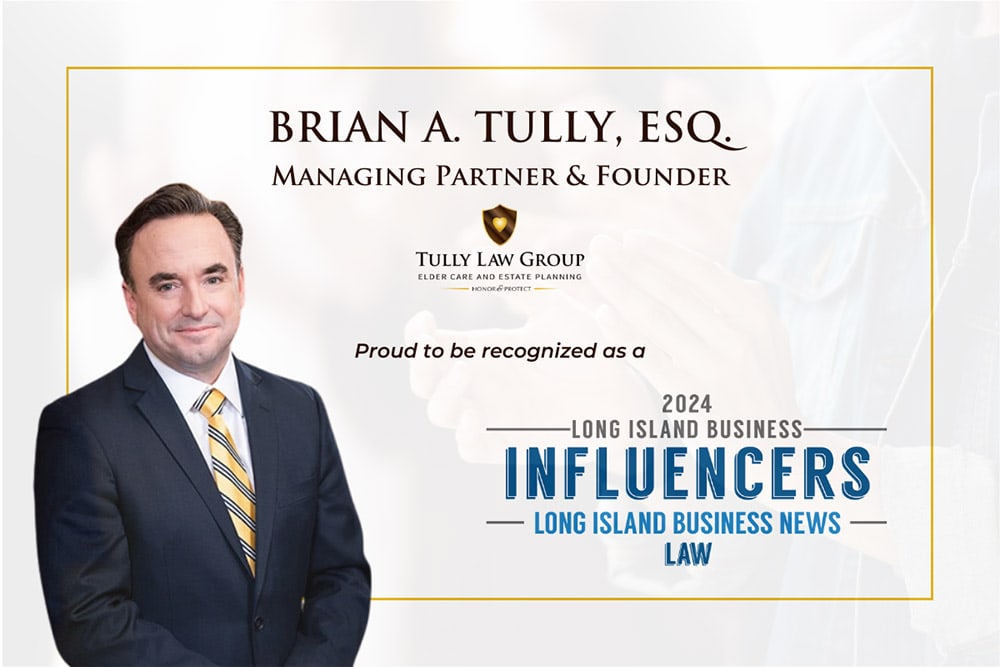Saturday, June 15th is World Elder Abuse Awareness Day. Unfortunately Elder Abuse is a prevalent problem in society today. Even more unfortunate is the proven fact that a large number of elder abuse cases go unreported. The elderly are often perceived as easy targets and are therefore exploited in a variety of ways. In honor of World Elder Abuse Awareness Day, we would like to dedicate this blog to educating readers about the different types of elder abuse and the indicators. Our hope is that if more people are aware of elder abuse and what to look for, less cases will be ignored and unreported.
The New York State Office of Children and Family Services recognizes the following possible types of elder abuse:
Physical Abuse:
Non-accidental use of force that results in bodily injury, pain, or impairment. This includes, but is not limited to, being slapped, burned, cut, bruised or improperly physically restrained. In addition, be aware of signs showing a lack of medication and over-use of medication resulting in lethargy.
Sexual Abuse:
Non-consensual sexual contact of any kind. This includes, but is not limited to, forcing sexual contact with yourself or forcing sexual contact with a third person.
Emotional Abuse:
Willful infliction of mental or emotional anguish by threat, humiliation, intimidation or other abusive conduct resulting in excessive fear or paranoia, sleep deprivation and insomnia including . This includes, but is not limited to, isolating or frightening an adult.
Financial Exploitation:
Improper use of an adult’s funds, property, or resources by another individual. This includes, but is not limited to, fraud, embezzlement, forgery, falsifying records, coerced property transfers, or denial of access to assets. Be aware of an inability to pay bills, sudden withdrawals and even a disparity between assets and living conditions as well as an extraordinary interest in finances by family members or neighbors.
Active and Passive Neglect:
Active neglect is the willful failure by a caregiver to fulfill care-taking functions and responsibilities. This includes, but is not limited to, abandonment, deprivation of food and/or weight loss, water, heat, dry skin, cleanliness, soiled clothing and linens, eyeglasses, dentures, or health-related services. Passive neglect is the non-willful failure to fulfill care-taking responsibilities because of inadequate caregiver knowledge, infirmity, or disputing the value of prescribed services.
Self Neglect:
This is the adult’s inability, due to physical and/or mental impairments, to perform tasks essential to caring for oneself.
If you are a victim of any of the above actions or if you suspect that a loved one or even a neighbor is a victim of abuse, it is crucial to report the incident. A 2011 survey found that the number of occurrences of elder abuse in New York state far exceeded the number of cases that were actually reported. This study surveyed 4,156 older New Yorkers and received reports from 292 agencies throughout the state about documented cases. The results showed that the number of self reported cases was about 24 times greater than the number of cases that were reported to social services or authorities. Although the majority of agency reported cases were psychological abuse, the self-report indicated that financial abuse is actually the most prevalent form of abuse with a rate of 41 per 1,000 participants being a victim.
Elder abuse victims may feel ashamed or embarrassed of the situation and therefore, avoid reporting it. They may also be afraid to make the report or they may not even realize that the abuse is occurring.
If you have any reason to believe you or a loved one have been the victim of elder abuse, you should contact the police or adult protective services immediately. Additional resources about Elder Abuse can be found on our ElderCare Resource Center website.
If you or a loved one is currently dealing with elder abuse to please contact the Elder Care Coordinator at Tully Law, P.C., Suzanne Paolucci, LCSW at 631-424-2800 to discuss what options are available to you.








